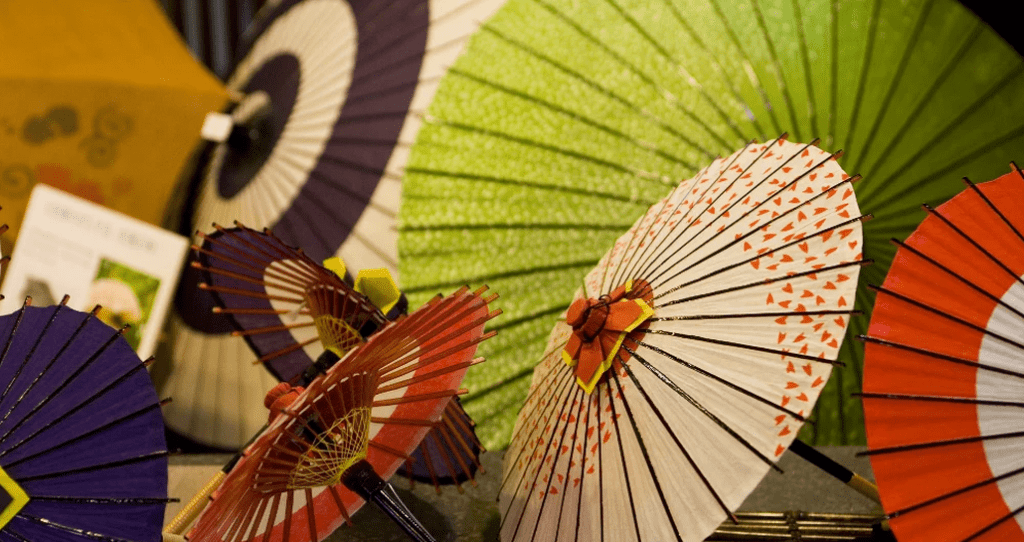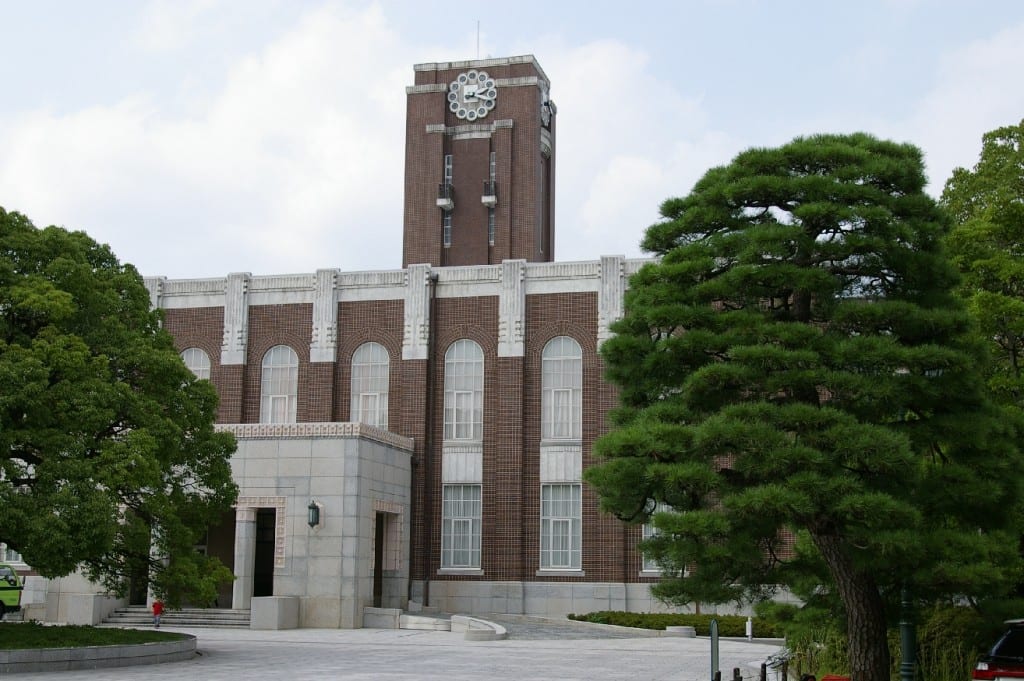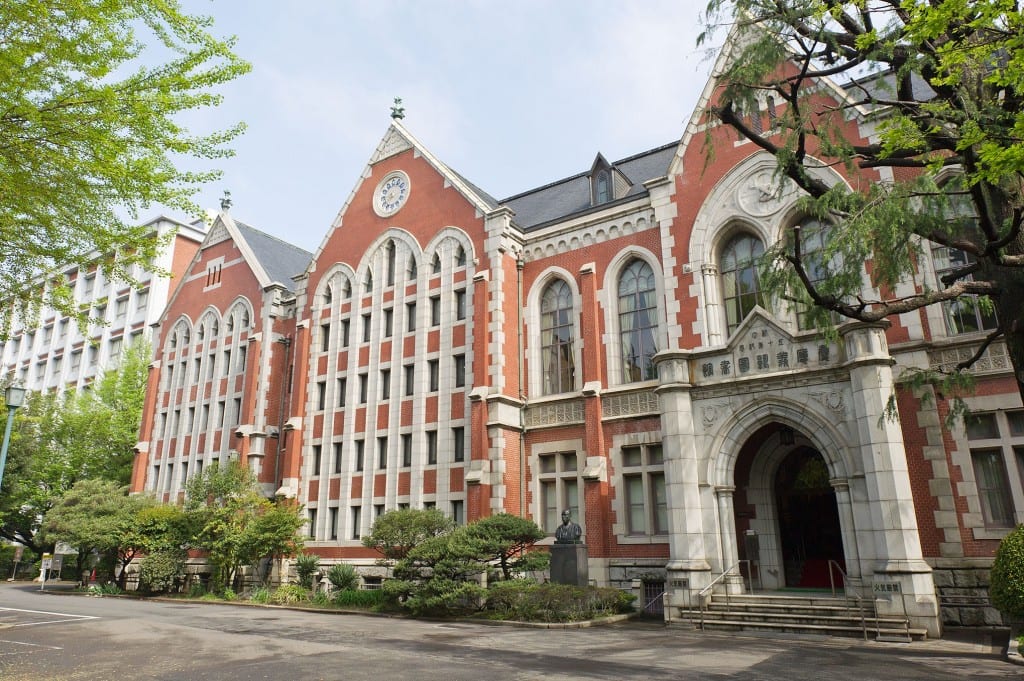
Japan is a world apart – a cultural Galápagos where a unique civilisation blossomed, and today thrives in delicious contrasts of traditional and modern. The Japanese spirit is strong, warm and incredibly welcoming.
Food
Savouring the delights of Japanese cuisine on its home turf is half the reason to come to Japan and you can easily build an itinerary around regional specialities and sublime restaurants. Eat just one meal in a top-flight Tokyo sushi restaurant – or gulp down fresh noodles at a station counter – and you’ll see why. The Japanese attention to detail, genius for presentation and insistence on the finest ingredients results in food that can change your idea of what is possible in the culinary arena.
Outdoors
The wonders of Japan’s natural world are a well-kept secret. The hiking in the Japan Alps and Hokkaidō is world class, and with an extensive hut system you can do multiday hikes with nothing more than a knapsack on your back. Down south, the coral reefs of Okinawa will have you wondering if you’ve somehow been transported to Thailand. And you never have to travel far in Japan to get out into nature: in major hubs like Kyoto, just a short trip from the city will get you into forested mountains.
Why I Love Japan
By Chris Rowthorn
I’ve spent most of my adult life in Japan and now it feels like home to me. I love the food: it’s incredibly varied and nourishing and there seems to be no end to the culinary discoveries one can make. I love the combination of a hike in the mountains followed by a long soak in an onsen. But, most of all, I love the meticulous and careful nature of the Japanese people, reflected in every aspect of Japanese life, from trains that run right on time to sublime works of art. Put it all together and you come away with a country that still intrigues me even after two decades of living there.
Accessible Exoticism
Travellers to Japan have always found themselves entranced by a culture that is by turns beautiful, unfathomable and downright odd. Staying in a ryokan (traditional Japanese inn) is utterly different from staying in a hotel. Sitting in a robe on tatami (woven floor matting) eating raw fish and mountain vegetables is probably not how you dine back home. Getting naked with a bunch of strangers to soak in an onsen (hot spring) might seem strange at first, but try it and you’ll find it’s relaxing. And with helpful locals, spotless facilities and excellent public transport, you can experience this exoticism with ease.
Culture
Standing at the far-eastern end of the Silk Road and drawing influences from the entire continent, Japan has spent millennia taking in and refining the cultural bounties of Asia to produce something distinctly Japanese. From the splendour of a Kyoto geisha dance to the spare beauty of a Zen rock garden, Japan has the power to enthral even the most jaded traveller. Traditional culture is only half the story: an evolving contemporary-art scene, dynamic design, and a veracious appetite for pop-culture trends all help shape the fascinating old-meets-new cultural landscape.
Education
Japan is one of the best countries for foreign students to get graduated. Here are the universities suggested.
Tokyo University
 The merging of Tokyo Kaisei School and Tokyo Medical School created the four Faculties of Law, Science, Letters and Medicine, which came together with a university preparatory school (yobimon; the First Higher School of Japan’s predecessor) to form the University of Tokyo. At first, the three Faculties of Law, Science and Letters were located in the Kanda area, while the Faculty of Medicine was established in the Hongo area.
The merging of Tokyo Kaisei School and Tokyo Medical School created the four Faculties of Law, Science, Letters and Medicine, which came together with a university preparatory school (yobimon; the First Higher School of Japan’s predecessor) to form the University of Tokyo. At first, the three Faculties of Law, Science and Letters were located in the Kanda area, while the Faculty of Medicine was established in the Hongo area.
From these beginnings, the University of Tokyo continued to merge with many different schools specializing in various fields, such as the Imperial College of Engineering and Tokyo School of Agriculture and Forestry, thereby growing into a comprehensive research university. The University also has experienced a number of name changes over the years. Due to the incorporation of all national universities in 2004, the University’s full name is now National University Corporation, the University of Tokyo.
Currently, the University of Tokyo is comprised of 10 Faculties, 15 Graduate Schools, 11 affiliated research institutes (including the Research Center for Advanced Science and Technology), 13 University-wide centers, three affiliated libraries and two institutes for advanced study. Furthermore, the Faculties, Graduate Schools and research institutes have facilities associated with them; for instance, the University of Tokyo Hospital is one such facility.
In addition to the three main campuses in Hongo, Komaba and Kashiwa, facilities affiliated with the University of Tokyo are spread all throughout Japan.
For more detailed information on the University’s history and statistics related to the University, please visit the pages below.Kyoto University
 Sponsored by MEXT (Ministry of Education, Culture, Sports, Science and Technology), Program for Leading Graduate Schools works to advance the establishment of university graduate schools of the highest caliber by supporting the dramatic reform of their education programs in such a way that they will institute degree programs recognized as top quality around the world. To foster excellent students who are both highly creative and internationally attuned and who will play leading roles in the academic, industry and governmental sectors across the globe, the program brings top-ranking faculty and students together from both in and outside Japan and enlists participation from other sectors in its planning and execution, while creating continuity between master’s and doctoral programs and implementing curricula that overarches fields of specialization. (Project Period: As a rule, 7 years).
Sponsored by MEXT (Ministry of Education, Culture, Sports, Science and Technology), Program for Leading Graduate Schools works to advance the establishment of university graduate schools of the highest caliber by supporting the dramatic reform of their education programs in such a way that they will institute degree programs recognized as top quality around the world. To foster excellent students who are both highly creative and internationally attuned and who will play leading roles in the academic, industry and governmental sectors across the globe, the program brings top-ranking faculty and students together from both in and outside Japan and enlists participation from other sectors in its planning and execution, while creating continuity between master’s and doctoral programs and implementing curricula that overarches fields of specialization. (Project Period: As a rule, 7 years).Keio University
 Keio University is a private, comprehensive higher education institution located on six campuses spread across the Greater Tokyo area. It offers an environment of academic and research excellence in a wide range of fields, and includes a university hospital. Founded in 1858, it is Japan’s first modern institution of higher learning, and over the last century and a half it has established itself as a leader in Japan through its continued commitment to education, research and medicine.Keio has its origins in the school of Western learning established by Yukichi Fukuzawa, a school which soon evolved into a major center of learning. As a highly respected educator and intellectual, Fukuzawa was one of the pioneers of modern Japan. He aspired for Keio to become a model and leader of society, stressing the importance of learning that is based on jitsugaku, or “science”. In today’s changing world, Keio upholds its founder’s spirit of science as it continues to fulfill his aspiration.
Keio University is a private, comprehensive higher education institution located on six campuses spread across the Greater Tokyo area. It offers an environment of academic and research excellence in a wide range of fields, and includes a university hospital. Founded in 1858, it is Japan’s first modern institution of higher learning, and over the last century and a half it has established itself as a leader in Japan through its continued commitment to education, research and medicine.Keio has its origins in the school of Western learning established by Yukichi Fukuzawa, a school which soon evolved into a major center of learning. As a highly respected educator and intellectual, Fukuzawa was one of the pioneers of modern Japan. He aspired for Keio to become a model and leader of society, stressing the importance of learning that is based on jitsugaku, or “science”. In today’s changing world, Keio upholds its founder’s spirit of science as it continues to fulfill his aspiration.


